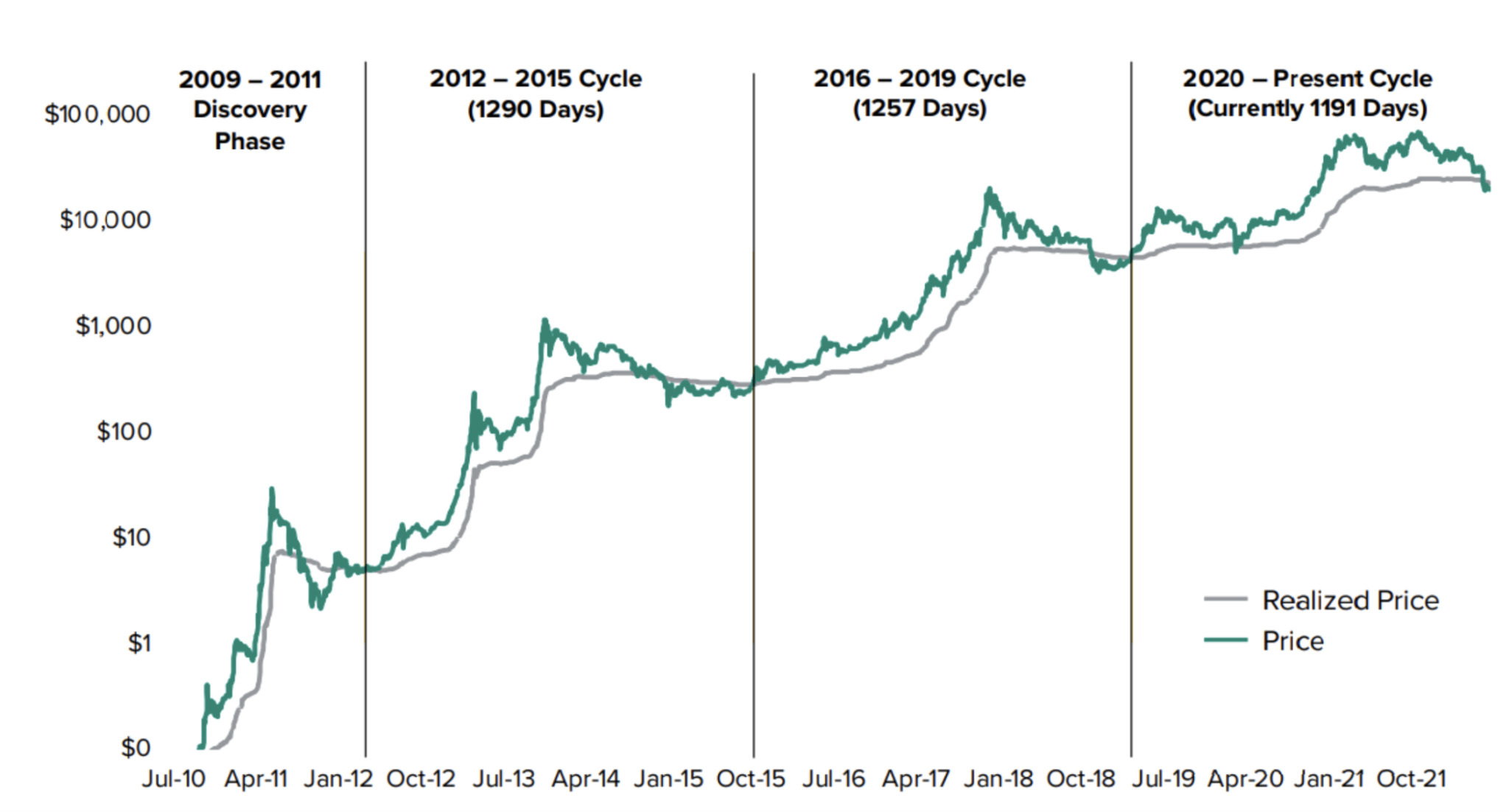Breaking: The Latest Cryptocurrency Trends and Market Updates in 2025 sets the stage for this enthralling narrative, offering readers a glimpse into a story that is rich in detail and brimming with originality from the outset. As the cryptocurrency landscape continues to evolve at a rapid pace, staying informed about the latest trends and market updates is crucial for investors, enthusiasts, and anyone intrigued by the digital currency realm.
In this discussion, we will explore the driving forces behind these changes, the challenges faced by market participants, and the technologies reshaping the industry.

Time management is an essential skill that can significantly enhance your productivity and overall quality of life. In today’s fast-paced world, where every minute counts, mastering the art of managing your time effectively is more crucial than ever. This article explores the various aspects of time management and provides practical tips to help you take control of your day.
Understanding Time Management
Time management refers to the process of planning and exercising conscious control over the amount of time spent on specific activities. Good time management enables an individual to complete more in a shorter period of time, lowers stress, and leads to career success.
When you manage your time well, you’re able to prioritize tasks, set achievable goals, and make efficient use of your resources. Time management is not just about being busy; it’s about being productive.
Benefits of Effective Time Management
Effective time management can lead to numerous benefits, including:
- Increased Productivity: By prioritizing tasks and setting clear goals, you can accomplish more in less time.
- Reduced Stress: Knowing how to manage your time effectively can alleviate the pressure of looming deadlines and overwhelming workloads.
- Improved Work-Life Balance: With better time management, you can allocate time for both work and personal activities, leading to a more balanced life.
- Enhanced Decision-Making Skills: When you’re organized, you can make better decisions about how to spend your time and resources.
Key Principles of Time Management
To effectively manage your time, you can follow these key principles:
- Set Clear Goals: Define what you want to achieve in both the short-term and long-term. Setting specific, measurable, achievable, relevant, and time-bound (SMART) goals can provide direction and purpose.
- Prioritize Tasks: Not all tasks are created equal. Use prioritization techniques, such as the Eisenhower Matrix or ABCD method, to determine which tasks require immediate attention and which can be scheduled for later.
- Create a Schedule: Plan your day or week in advance. Use tools like calendars, planners, or digital apps to allocate time slots for each task. Be sure to include breaks to avoid burnout.
- Avoid Multitasking: While multitasking might seem efficient, it often leads to decreased productivity and quality of work. Focus on one task at a time for better results.
- Set Time Limits: Assign specific time limits for each task. This encourages you to concentrate and work more efficiently, preventing tasks from dragging on indefinitely.
Practical Tips for Effective Time Management: Breaking: The Latest Cryptocurrency Trends And Market Updates In 2025
Here are some practical tips to enhance your time management skills:
- Use Productivity Tools: Leverage apps and tools such as Trello, Asana, or Todoist to help you stay organized and track your progress.
- Eliminate Time-Wasters: Identify distractions and eliminate them. This could mean turning off notifications or setting specific times to check emails.
- Learn to Say No: Sometimes, taking on too many commitments can hinder your productivity. Be selective about the projects and meetings you agree to participate in.
- Delegate Responsibilities: If possible, share your workload with colleagues or team members. Delegation can free up your time for more critical tasks.
- Reflect and Adjust: Regularly review your time management strategies. Reflect on what works and what doesn’t, and be open to making adjustments.
Overcoming Procrastination
Procrastination is one of the biggest barriers to effective time management. Often, fear of failure or perfectionism causes individuals to delay tasks. Here are a few strategies to combat procrastination:
- Break Tasks into Smaller Steps: Large tasks can seem overwhelming. Break them into manageable steps to make them less daunting.
- Set Deadlines: Create self-imposed deadlines for tasks to encourage you to take action.
- Reward Yourself: Set up a reward system for completing tasks. Treat yourself to something enjoyable after finishing a challenging task.
Conclusion
Time management is a valuable skill that can enhance your productivity and improve your quality of life. By setting clear goals, prioritizing tasks, and employing practical strategies, you can take control of your time and accomplish more each day. Remember, it’s not just about managing time, but about making the most of the time you have. Start implementing these techniques today, and watch your productivity soar!
